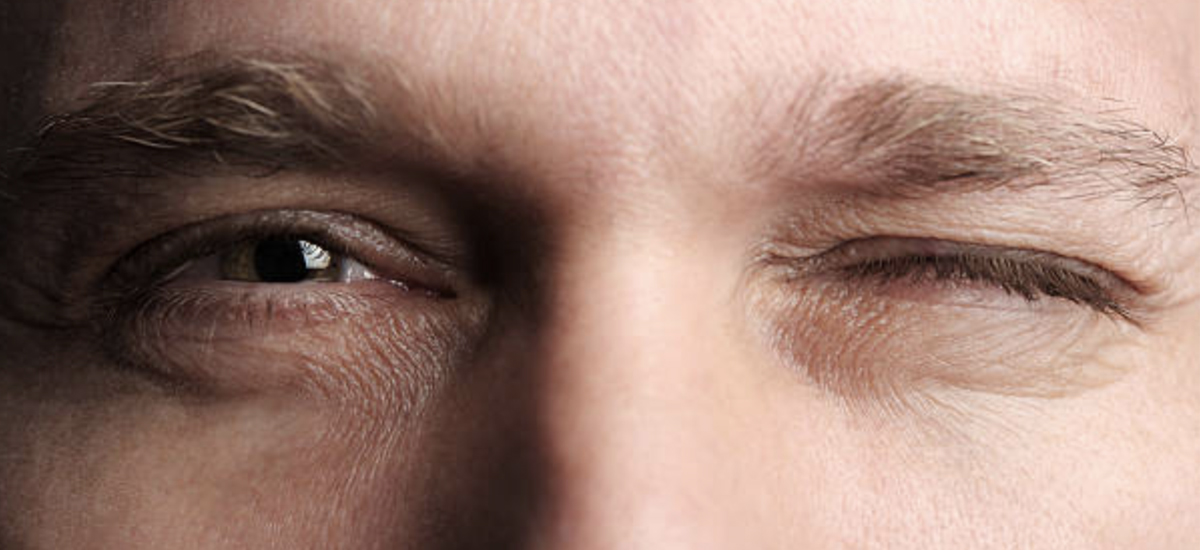A Guide to Eye Discomfort
The eye is a complex and delicate organ. Discomfort while blinking can be a worrying symptom, and it’s important to understand the potential causes to seek appropriate treatment. While a “bruised” feeling might not be the most technical description, it can accurately reflect the irritation or pain experienced. This guide explores the various reasons why your eye might feel bruised when blinking, along with solutions and when to see a doctor.
Understanding Blinking Discomfort
Blinking is an involuntary reflex that keeps our eyes lubricated, removes dust and debris, and maintains clear vision. Discomfort while blinking can disrupt this essential process and cause further irritation. Here are some of the most common reasons why your eye might feel bruised when blinking:
- Dry Eyes: This is a prevalent condition where the eyes don’t produce enough tears or the quality of tears is poor. Dry eyes can cause a scratchy, burning, or stinging sensation, especially when blinking.
- Foreign Object: Sometimes, a tiny speck of dust, eyelash, or other foreign object can become lodged under your eyelid or on the surface of your eye. This can cause irritation, scratchiness, and a bruised sensation when blinking.
- Conjunctivitis (Pink Eye): This is an inflammation of the conjunctiva, the thin membrane lining your eyelid and eyeball. It can be caused by allergies, viruses, or bacteria. Conjunctivitis often causes redness, itching, and a gritty or bruised feeling when blinking.
- Blepharitis: This is an inflammatory condition that affects the eyelids, causing redness, swelling, crusting at the base of the eyelashes, and discomfort while blinking.
- Corneal Abrasion: A scratch on the cornea, the clear outer dome of your eye, can cause significant pain and a bruised feeling when blinking. This can occur from rubbing your eyes, getting poked by an object, or wearing contact lenses incorrectly.
- Stye: A stye is a small, red bump that forms on the edge of your eyelid due to a clogged oil gland. It can be quite painful and cause discomfort while blinking.
- Eye Strain: Spending too much time staring at screens or using digital devices can lead to eye strain and fatigue. This can manifest as blurry vision, headaches, and a bruised sensation when blinking.
When to See a Doctor
While some causes of blinking discomfort might resolve on their own, it’s crucial to seek professional medical attention in certain situations:
- Severe pain: If the pain in your eye is severe and doesn’t improve with home remedies, see a doctor to rule out any serious underlying conditions.
- Vision changes: If you experience sudden or progressive vision changes alongside blinking discomfort, consult a doctor immediately.
- Discharge from the eye: Any discharge from your eye, especially if it’s thick, yellow, or green, could indicate an infection and requires medical attention.
- Light sensitivity: Increased sensitivity to light can be a symptom of several eye conditions, so consult a doctor if you experience this alongside blinking discomfort.
- Sudden onset of symptoms: If the discomfort started abruptly and is accompanied by redness or swelling, seeking medical attention is advisable.
- Suspected foreign object: If you believe a foreign object is lodged in your eye and you can’t remove it safely, see a doctor to avoid further damage.
Soothing Blinking Discomfort at Home
Here are some home remedies you can try to find relief from blinking discomfort:
- Artificial tears: Over-the-counter lubricating eye drops can help alleviate dryness and irritation.
- Warm compress: Apply a warm compress to your closed eyelids for 10-15 minutes at a time. This can help loosen any crusting and improve tear flow.
- Rest your eyes: Avoid prolonged screen time and give your eyes regular breaks to prevent strain.
- Cool compress: For styes, a cool compress applied gently to the eyelid can reduce swelling and discomfort.
Preventing Blinking Discomfort
Taking preventative measures can significantly reduce the chances of experiencing blinking discomfort. Here are some tips:
- Maintain good eye hygiene: Wash your hands thoroughly before touching your eyes. Regularly clean your eyelids with a gentle cleanser, especially if you wear makeup.
- Limit screen time: Take frequent breaks from screens and digital devices to allow your eyes to rest.
- Blink frequently: Make a conscious effort to blink more often, especially when using screens, to keep your eyes lubricated.
- Stay hydrated: Drinking plenty of water helps maintain overall hydration, including keeping your eyes lubricated.
- Use proper eye protection: Wear sunglasses that block UVA and UVB rays to protect your eyes.

